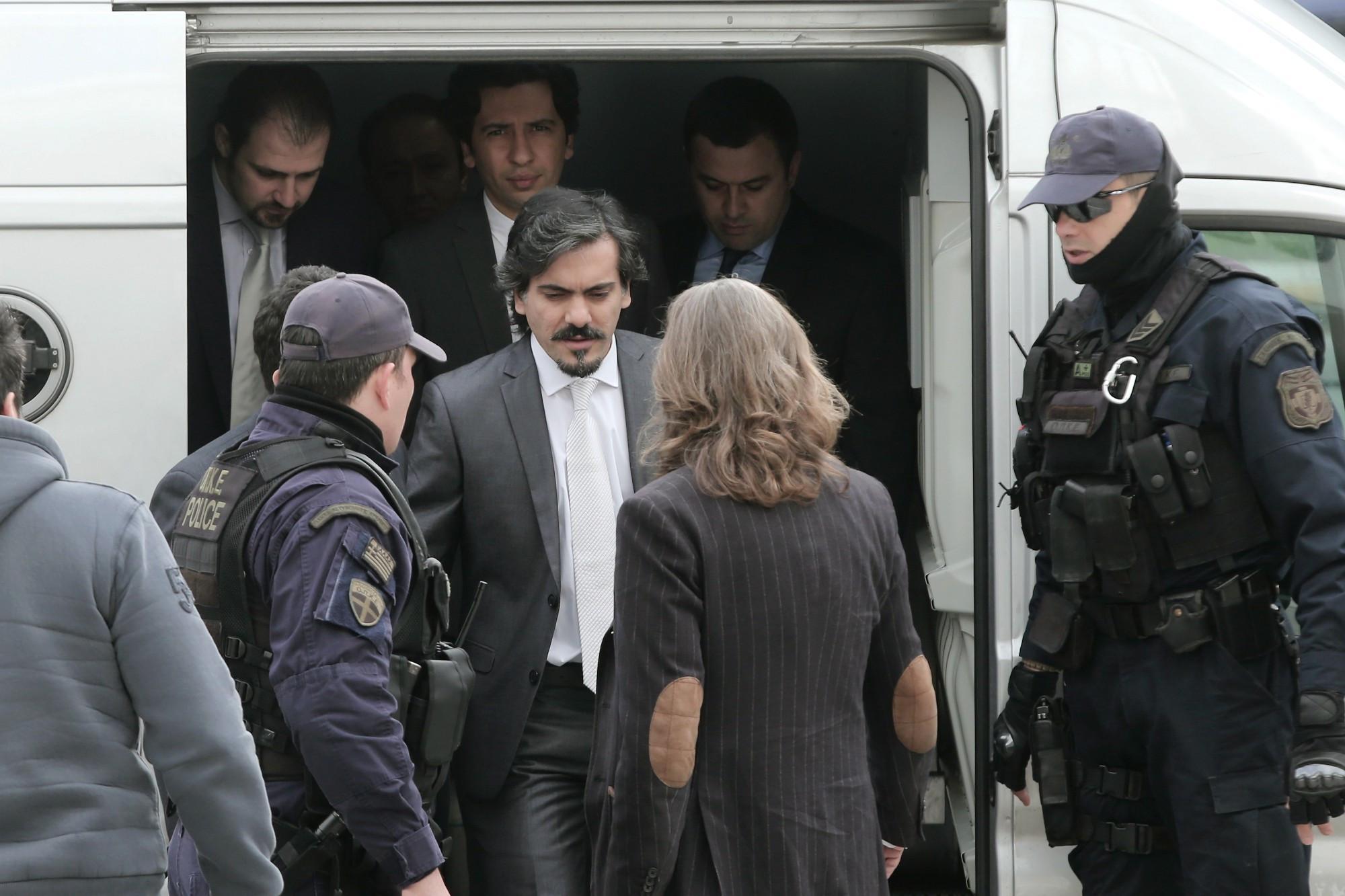
A lawyer representing eight Turkish servicemen who fled to Greece seeking asylum after the July 2016 coup attempt in Turkey says all of his clients have been freed pending a ruling on their applications.
Omiros Zelios said on June 4 that the last of his clients was released from police custody last week. All are living in a secret location under strong police protection.
Greek courts have rejected repeated Turkish demands for their extradition, to face charges of alleged participation in the coup, arguing that they would not get a fair trial in Turkey.
So far, one of the Turks has been irrevocably granted asylum - despite efforts by Greece’s government to block the decision. The others’ cases are pending.
The eight former Turkish servicemen fled to Greece a day after the July 2016 coup bid, which left 250 people killed and nearly 2,200 injured. They are accused by the Turkish authorities of involvement in the coup attempt and being members of the network of U.S.-based Islamic preacher Fethullah Gülen, a former close ally of the government now denounced as a terrorist.
The case has been a bone of contention between the two countries, discussed during Turkish President Recep Tayyip Erdoğan’s official visit to Greece last year.
In May, the Greek Asylum Commission granted asylum to a second Turkish coup suspect, prompting strong reaction from Ankara.
Presidential spokesman İbrahim Kalın described the Commission’s decision to grant asylum to the coup suspects as “grave situation.”
Two Greek soldiers were charged with espionage in Turkey after crossing over the border on March 2. They say that they lost their way in the fog.
A court in the northwestern province of Edirne on April 25 ordered the continued detention of the two Greek soldiers.
The court based its decision on digital materials found on the soldiers, their lack of a permanent residence in Turkey, and “concrete evidence” suggesting they would flee.